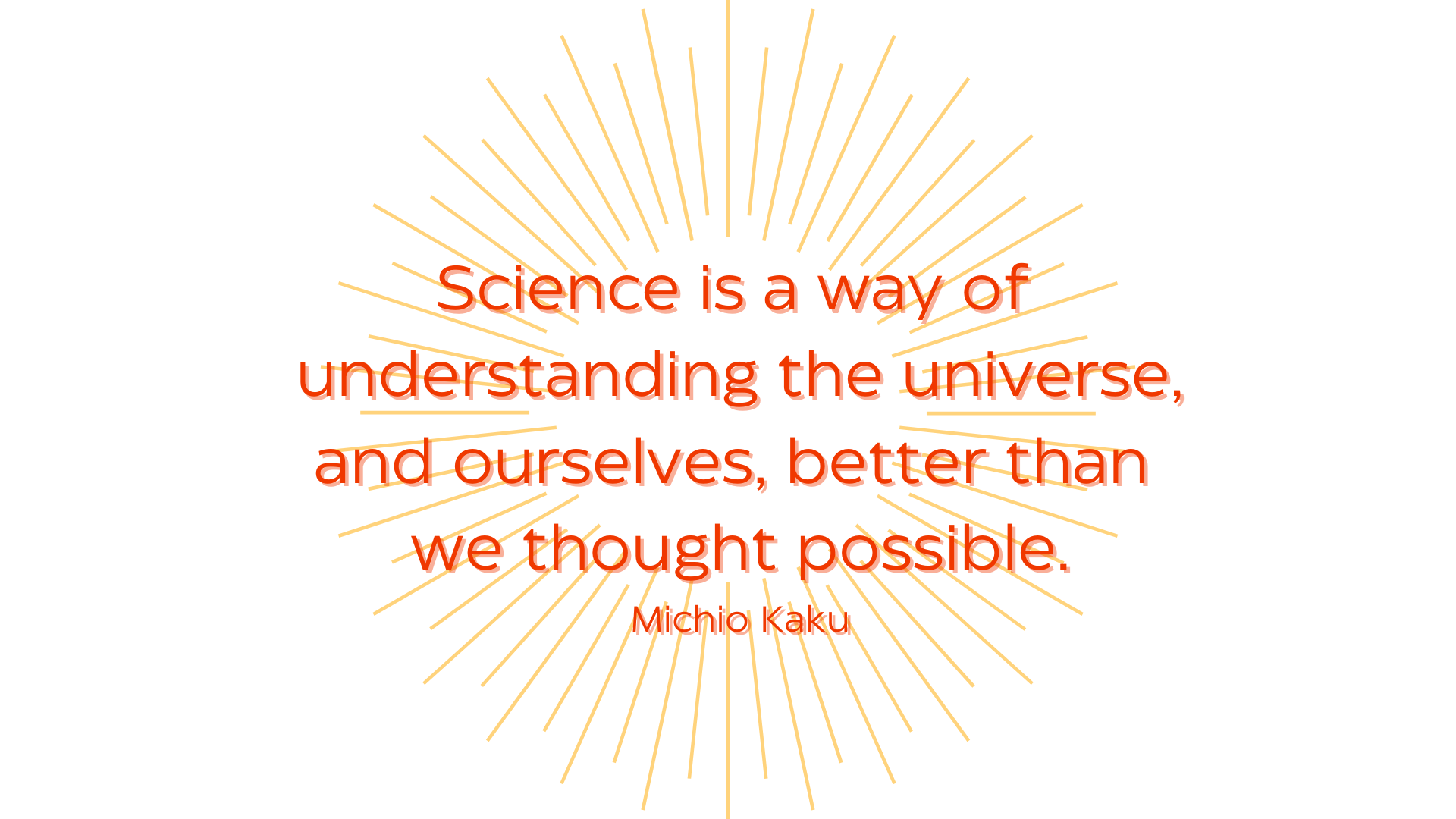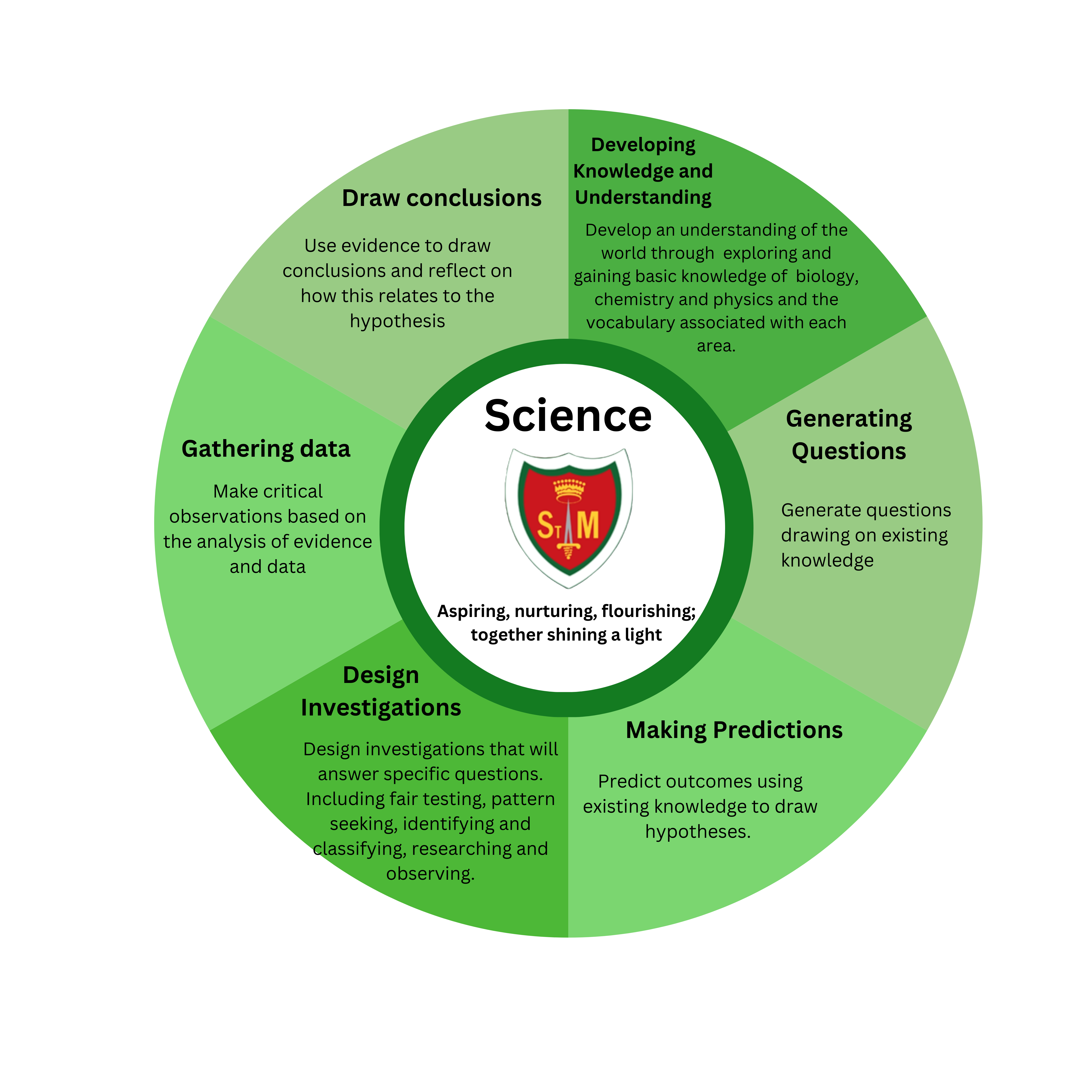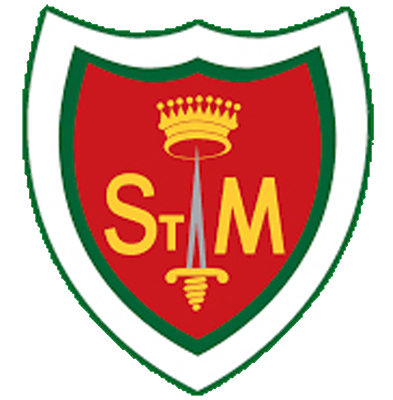Science

Intent
At St Mary’s, we aspire to provide a high-quality science education that nurtures curiosity, deepens understanding, and empowers all pupils to flourish as scientific thinkers. Through the disciplines of biology, chemistry, and physics, we shine a light on the wonders of the natural world, fostering a sense of excitement and appreciation for science’s role in shaping our lives today and in the future.
By building strong foundational knowledge and conceptual understanding, pupils develop the ability to think critically, explore scientific methods, and engage in enquiry-based learning. We encourage them to recognise the power of rational explanation, predict and analyse natural phenomena, and apply their knowledge to real-world contexts.
Together, we inspire pupils to become confident, inquisitive learners, equipping them with the skills and knowledge needed to understand the uses and implications of science in an ever-changing world.

Implementation
Our Science curriculum is designed to nurture curiosity and confidence while securing key skills, knowledge and vocabulary in order to flourish.
Closely aligned with the National Curriculum Programmes of Study, the curriculum is mapped into clearly defined units which set out the knowledge and skills pupils are expected to acquire by the end of each Learning Journey in each year group. These units are sequenced to build progressively on prior learning to secure both the knowledge and skills to work scientifically.
Each unit has a clear learning focus, and the sequence across the academic year is carefully planned to maximise learning opportunities. For example plants and habitat topics are delivered in the summer term to make the most of outdoor learning environments.
Scientific knowledge and skills are taught creatively, to reach clear end points, helping pupils connect learning within Science and across other subjects. Oracy places a strong emphasis on discussion, reasoning, and the use of scientific vocabulary.
By making links to real-life contexts, everyday experiences and significant scientists our science curriculum ensures that learning is purposeful, relevant, and engaging.
At St Mary’s, we are committed to enriching our pupil’s cultural capital through a vibrant and inspiring Science curriculum. Pupils take part in educational visits to the Science Museum, workshops and outdoor learning environments, providing first-hand experiences that enhance classroom learning and broaden scientific understanding. Each year, during the Summer Term, we hold a whole-school Science Week. This exciting event centres around British Science Week activities, parent speakers from different STEM backgrounds and a Science Fair. As part of the week, our Year 6 pupils take the lead in designing and delivering a range of engaging science activities for the rest of the school during our annual Science Fair. This event allows younger pupils to explore scientific concepts through hands-on experiments, while giving our older pupils the opportunity to develop leadership, communication and presentation skills. Through the week, these experiences enable pupils to gain a deeper understanding of scientific enquiry and discover how science connects to real-life contexts and future careers.
Impact
By the end of Key Stage 2, pupils will have developed a secure foundation in science, including a strong understanding of key concepts, the ability to work scientifically, and confidence in using appropriate vocabulary to describe and explain their ideas. The impact of the science curriculum is measured through a range of strategies that ensure all pupils are supported to aspire, grow and flourish on their individual learning journeys.
- Formative assessment takes place throughout each lesson, with teachers observing pupils’ participation, use of scientific vocabulary, and ability to apply key knowledge and skills during practical tasks. This ongoing feedback informs and adapts future teaching to meet the needs of all learners.
- Verbal feedback is used to address misconceptions, providing targeted support and guidance that nurtures deeper understanding and supports progression.
- At the end of each unit, learning journeys are reviewed to assess pupils' understanding of scientific vocabulary, enquiry skills, and their ability to communicate ideas through a variety of methods, including diagrams, models, writing, and discussion.
- Pupil voice is used to reflect on the learning journey, offering insight into pupils’ engagement, enthusiasm, and depth of understanding. These conversations help to ensure our curriculum continues to inspire curiosity and a love of science.




